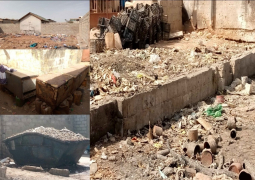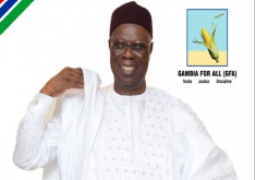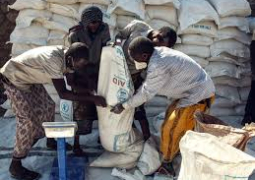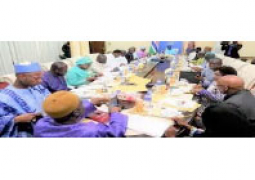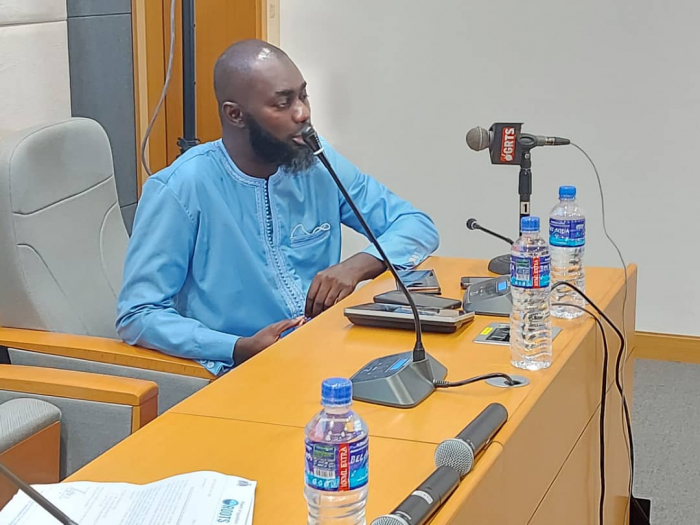
Mr. Jagne was speaking yesterday at the Sir Dawda Kairaba Jawara International Conference Centre in Bijilo during the opening of a Policy Dialogue on Land Development. The convergence which attracted key stakeholders in the country is meant to provide a platform for the exchange of views and experiences of key stakeholders engaged in land development, which includes government institutions, beneficiaries and private sector.
The project officials said the roundtable’s main objective also aims at providing an opportunity for Roots to benefit from the experiences of various stakeholders involved in land development, particularly for rice production, to inform the Roots approach, benefit from success stories and avoid or mitigate pitfalls.
“We know land development is a critical input into increasing production and productivity particularly for rice. We all also know that various projects have had various challenges in tackling land development. Therefore, Roots will like to look at these challenges and success stories but also to learn from the challenges in order to avoid them as we move towards the successful implementation of the project,” the project director added.
“Unfortunately, the experience on rice development in the country is mixed and it has actually contributed to us not achieving our desired objectives when it comes to rice production and productivity. Therefore, Roots has taken this route that before we start things on the ground, we should gather the experiences and the contribution of all stakeholders from the farmers, beneficiaries to the contractors and to the policy makers. The participants will share their experiences, their challenges and their success stories so that Roots will try to circumvent this but also to avoid them where possible.”
Rice productivity in the country, Mr. Jagne added fluctuates. “However, generally the yields are low compared to the sub-region. Therefore, Roots is supposed to increase this yield from one or two tons per hectare to a minimum of five tons per hectare. That’s part of the drive towards achieving self-sufficiency of rice in this country. Therefore, to be able to do this, we have to address the land development issues. To address this in an optimal manner is what the theme of this forum is today.”
“We will also be looking into policy issues during the day-long forum in order to check whether the problem is on the Land Policy or not. We will be also looking at whether the policy is fine and whether it’s just a matter of implementation.”
He maintained that the project has a mandate to develop total hectares to nearly 6000 hectares during its lifespan.
For his part, Foday Jadama, underscored the significance of the forum, claiming that the biggest problem we have in the country is land development. “It’s an issue and if it’s not addressed, the success of the project might be seriously impacted. Therefore, it’s prudent as a project to start scrutinising and investigating the issue so that we have a pathway that can help us to adopt a process that will lead us to proper land development with a view to enhance production and productivity in the country.”
“We have huge hectares of land on the tidal but yet we are crying because land production is still far below what we want. This therefore, points to the issue of land development. If 6000 hectares of land is used and developed properly and used effectively and efficiently then the issue of importing rice will be hugely reduced.
Yahya Jarjusey, the chief of Jarra West, described the forum as timely, saying: “If the country utilises the vast land that we have, I am quite optimistic that we will end rice importation in the country.”


